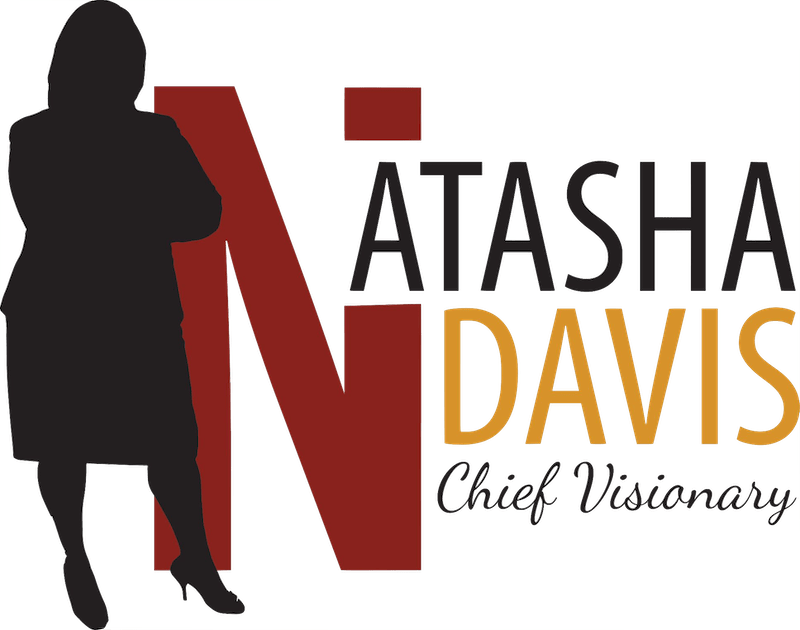Most executive leaders recognize the need to develop themselves by improving their skills and behaviors to apply in their everyday lives and organizations. They see Executive Coaching in a positive way but are often unclear about how working with an Executive Coach adds value for them.
In general, coaching commonly is known to help individuals improve focus, strengthen communication skills, develop interpersonal skills, emotional intelligence, achieve higher productivity and achieve long-term results. When it comes to Executive Coaching, the added value gained removes the executive’s challenges and set of difficulties, while developing profitable skills as a leader.
5 Ways that Executive Coaching Adds Value
Internal Self-Awareness
Executive Coaching can help you develop an authentic executive presence and look at yourself in a new light with accurate self-awareness. By identifying your own idiosyncrasies – what you take to be the norm but are really the exception – you can understand yourself better and how others see you. This knowledge is powerful in adjusting your behavior to be more effective. Additionally, think about what it is that you want to be known for and how changes in your behavior can augment how you want others to see you.
External Self-Awareness
The other part of self-awareness is external – how you perceive others for who they are. Often executives have inaccurate assumptions of others. One example is losing good employees because you don’t recognize and support their capabilities. Another example is keeping low performers too long because you think they are performing better than they are or you believe with time they will get better. An Executive Coach can help you see past biases and have more neutral and accurate perceptions.
Personal Development
For executives, personal development is not a luxury, it’s a necessity. You not only need to make the company better, but to make yourself better. Although you have risen to a level where you manage others and make difficult decisions with skills and strengths that have contributed to your role and achievements, continuous development is needed for you to get to the next level. Executive Coaching can help you to evaluate your best skills and hone those skills for growth.
Effective Communication
When you move into an executive role, your communication skills need to change for that role. An Executive Coach helps you to understand your own patterns, habits, and interactions with others so you can improve your communication. For example, you might need to develop a new mindset for executive leadership. This might require letting go of your old work and thinking of yourself as the leader of the team. In this new role, your focus might be to coordinate work between your team, inspire them and set priorities.
Productive Relationships
As an executive, you need to be as efficient as possible so you can make the most of your time spent in the work environment. A coach can help you to sharpen your social skills and develop your emotional intelligence to improve how you perceive the emotions of others as well as manage your own emotions.
The bottom line is achieving what you want. Having the right coach is essential at your level. You want to get the right help to gain clarity on your goals and dreams while being realistic about what you can achieve. You also want the encouragement and support from a coach in a niche that can help you grow in your abilities, accept mistakes and learn from them.
To experience the added value of Executive Coaching, it is essential that you go into a coaching program with an open mind and willingness to grow. If you are ready to welcome a partner on your executive journey, one who will see your blind spots and empower you to be your absolute best, click here to set up a consultation with The Chief Visionary, Natasha E. Davis.

